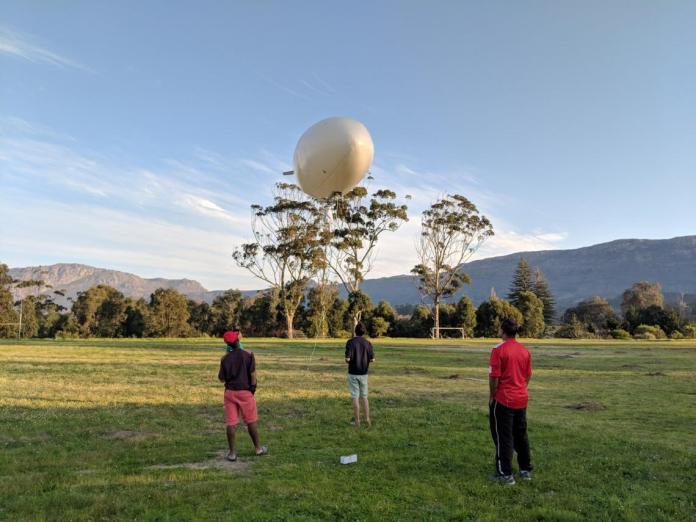
by Michael Willoughby
Two medical supply startups are among those receiving investment from the UNICEF Innovation Fund to help solve global challenges for the world’s children.
Cloudline Africa (South Africa) operates small-scale autonomous airships that have longer endurance and range than current commercial drones; their solution will help deliver medical supplies to hard-to-reach communities and reduce operational costs in the last-mile.
Prokura Innovations (Nepal) is developing a locally produced and low-cost drone system to tackle last-mile delivery of medicines, connecting underserved health posts to a surrounding equipped health facility.
The fund will also support four other new drone startups, similarly developing open-source, emerging technology digital public goods to address global challenges and create fairer opportunities for children and young people, will receive seed funding from UNICEF’s Innovation Fund.
Since 2016, UNICEF has been using drones to better serve the world’s children by strengthening humanitarian supply chain, emergency response and disaster risk reduction initiatives. Drones have demonstrated a capacity to deliver life-saving materials, to collect aerial imagery that helps map risks and build more resilient communities, and to provide households with better information that contributes to improved livelihoods, among other promising use cases. UNICEF supports countries who are interested in leveraging drone-based technologies to improve service delivery for children by creating a favourable ecosystem for testing and accelerating the adoption of drone technology for humanitarian deployments.
Drone testing corridors located in Kasungu, Malawi; Akmola and Almaty, Kazakhstan; and Freetown, Sierra Leone. UNICEF brings together various actors, from public and private sectors and academia, to use drones for good in a controlled and safe environment and to inform regulation, policy, capacity and skills development in these countries. For example, in Kazakhstan, drones have been used in the corridors to train emergency responders to save lives in search and rescue missions. In Malawi, the corridor has been used by companies to gain flying expertise and obtain approvals from aviation authorities to deploy their drones at national scale; drones then create efficiencies in the delivery of medical supplies, reducing transportation time and ensuring children who require treatment can receive it early. In Vanuatu, UNICEF supported the government to set up the first commercial drone delivery network for vaccines, reducing a journey that took several hours into just 25 minutes, to safely deliver vaccines from distribution centers to rural vaccination posts.
Skill development and certifications to increase local capacity and ensure self-sustaining ecosystems to deploy drone technologies. In Malawi, UNICEF will be launching the first drone and data academy in the world to provide African students with the necessary skill sets to build and fly drones, collect and analyze aerial imagery, and start a business venture. The team is also exploring how to leverage the public blockchain ethereum to issue certificates for drone operators’ licenses, as well as for organizations who partner with UNICEF to test their drones in for good missions in our corridors.
Seed investments to entrepreneurs that accelerate the development of digital public goods in the drone technology sector. These digital public goods can be either the design and blueprints to build low-cost and long-endurance drones for the delivery of medical supplies under an open-source license, or open-source algorithms to model precipitation and floods that help to better identify households at risk. Each investment within this cohort has the potential to improve efficiencies within UNICEF’s programmes, creating solutions that contribute to improve the living conditions of the most disadvantaged children.
For more information

